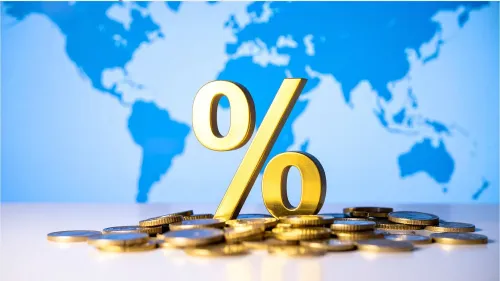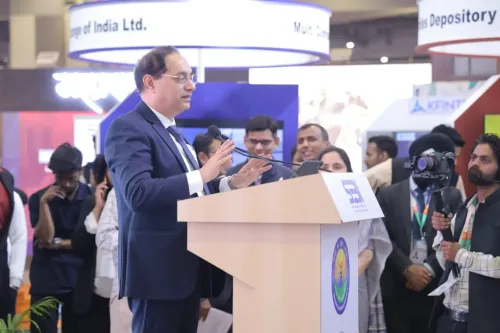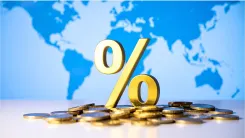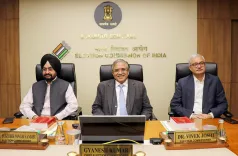Government to Boost MSME Export Financing
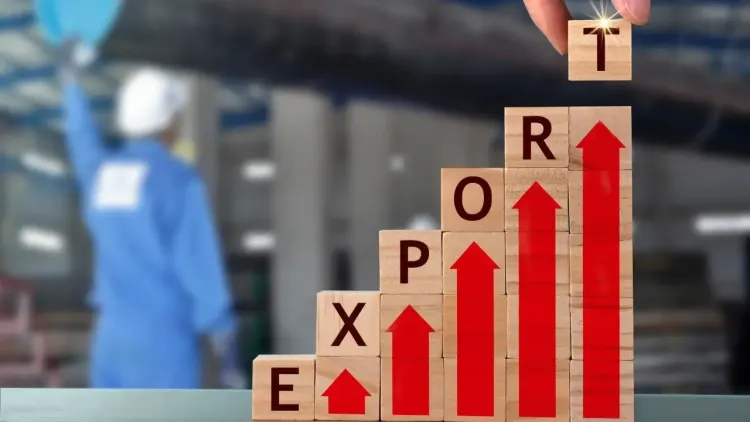
Synopsis
Key Takeaways
- The government is launching credit schemes for MSME exporters.
- Collaboration among Commerce, MSME, and Finance Ministries.
- Focus on alternative financing options like factoring services.
- Export credit is only 28.5% of total merchandise exports.
- High logistics costs are a significant barrier to Indian exports.
New Delhi, March 4 (NationPress) The government is formulating initiatives to extend credit on favorable terms to MSME exporters and provide support in navigating non-tariff measures imposed by other nations, which have become a barrier to India’s merchandise exports, a senior official from the Commerce Ministry stated on Tuesday.
During a post-Budget webinar, Director General of Foreign Trade (DGFT) Santosh Kumar Sarangi mentioned that the Commerce, MSME, and Finance Ministries are collaborating on these initiatives.
The government is devising programs to extend credit with favorable conditions to MSME exporters and enhance alternative financing options by strengthening factoring services for them, he noted.
These initiatives are being developed under the export promotion mission, which was announced in the Union Budget for 2025-26. The Budget has also revealed plans for the establishment of BharatTradeNet, a unified platform for trade documentation and financing solutions.
Sarangi emphasized that export credit constitutes only 28.5 percent of total merchandise exports in India. The total export credit extended is estimated at $124.7 billion, contrasting with the projected requirement of $284 billion for 2023-24.
The overall export credit demand is anticipated to reach $650 billion by 2030, as goods exports are expected to rise to $1 trillion by that time, he stated.
He expressed concern that non-tariff measures imposed by developed economies, such as the European Union's carbon tax on steel and regulations on deforestation, are restricting market access for Indian exports in those regions, in addition to imposing high import tariffs.
The export market is also contracting due to aggressive industrial policies from advanced nations, including the USA's Inflation Reduction Act and Chips Act, as well as the UK's advanced manufacturing strategy, Sarangi added.
Most non-tariff measures (NTMs) are domestic regulations designed to safeguard human, animal, or plant health and the environment. However, when NTMs become arbitrary and lack scientific justification, they turn into trade barriers intentionally established to obstruct exports.
The elevated logistics costs also pose a challenge for Indian exports, currently accounting for 8-9 percent of GDP, compared to 5-6 percent in developed nations, the DGFT further elaborated.

